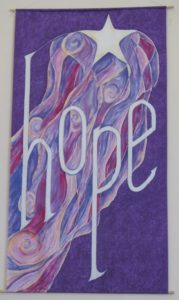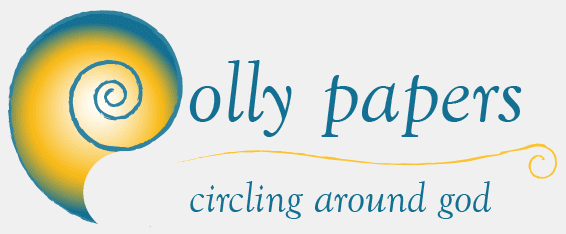According to the Christian calendar, Advent begins next Sunday. Advent is a time of waiting: waiting for a birth, waiting for the return of light to the north, waiting for a Messiah. Twelve years ago at this time, I had that Advent feeling for an additional reason. Barack Obama had just been elected President of the U nited States. “Messiah” was used a lot in those days, applied to him. We believed he was the one we had been waiting for. After multiple misadventures and mistakes during the previous eight years, here, we thought, was the one who would save us. Of course, he was not the Messiah. While his presidency was a time of hope and a time of many fine accomplishments, it was also a time to recognize that he, like every president before him, was just as human as the rest of us.
nited States. “Messiah” was used a lot in those days, applied to him. We believed he was the one we had been waiting for. After multiple misadventures and mistakes during the previous eight years, here, we thought, was the one who would save us. Of course, he was not the Messiah. While his presidency was a time of hope and a time of many fine accomplishments, it was also a time to recognize that he, like every president before him, was just as human as the rest of us.
Now, as we are coming to the end of an atrocious and dystopian administration, my hopes are ratcheted up again. Longing for a savior once more, waiting for the birth of “peace on earth and good will to all.”
I sincerely hope that will happen, that we will see the restoration of harmony and justice. Which is well and good and necessary. Yet it’s not at all the same as waiting for a Messiah. That wisdom appears in the following folk tale which, once again, I offer as an Advent gift.
The Rabbi Who Walked in the Woods
A long time ago, far from here, a monastery stood on the edge of a forest. In its day, it had been grand and glorious, with brothers who offered hospitality to strangers and filled the abbey with song. But it had fallen on hard times. People no longer came to its door and only a handful of monks shuffled through its corridors, praising God with heavy hearts.
On the edge of the woods, an old rabbi had built a hut, where he would come from time to time to fast and pray. No one ever spoke with him but whenever he appeared, one monk would say to another, “The rabbi walks in the woods.”
After morning mass one day, the abbot of the monastery decided to visit the rabbi and tell him of his troubles.
Approaching the hut, he saw the rabbi standing in the doorway, his arms outstretched in welcome, as if he had been waiting there for him. The two embraced, then stood apart, looking at each other, their faces wreathed in smiles. After a while, they entered the hut, where a rough table stood with the Scriptures open on it. The two old men sat together awhile in silence in the presence of the book. Soon, the rabbi began to cry. Then the abbot, too, covered his face with his hands and began to weep. For the first time in his life, he cried his heart out. They sat there like lost children.
Later, when all was quiet, the rabbi spoke. “You and your brothers are serving God with heavy hearts. You have come to seek a teaching of me. I will give you one, but you can only repeat it once. After that, you may never say it aloud again.”
The rabbi gave him his teaching: “The Messiah is among you.”
The abbot left, without another word.
The next morning the abbot called the monks together. He told them that he had received a teaching from the rabbi who walks in the woods and that this teaching was never to be spoken aloud again. He looked at his brothers and told them, “The rabbi said that one of us is the Messiah.”
The monks were startled. What could it mean? Is Brother John the Messiah? Father Matthew? Could I be the Messiah? They were all deeply puzzled by the rabbi’s teaching, but no one spoke of it again.
As time went by, the monks began to treat each other with a new reverence. The lived with each other as people who had finally found something, while they prayed together as people who were still looking.
Occasional visitors found themselves deeply moved by the life of the monks. Before long, people came from far and wide to be nourished by the prayer life of the monks, while young people began asking, once again, to join the community.
In those days, the rabbi no longer walked in the woods. His hut had fallen into ruins. But the monks had taken his teaching and kept it in their hearts. And they knew too, that the ancient promise had been fulfilled, that the Messiah was born and was in their midst.
